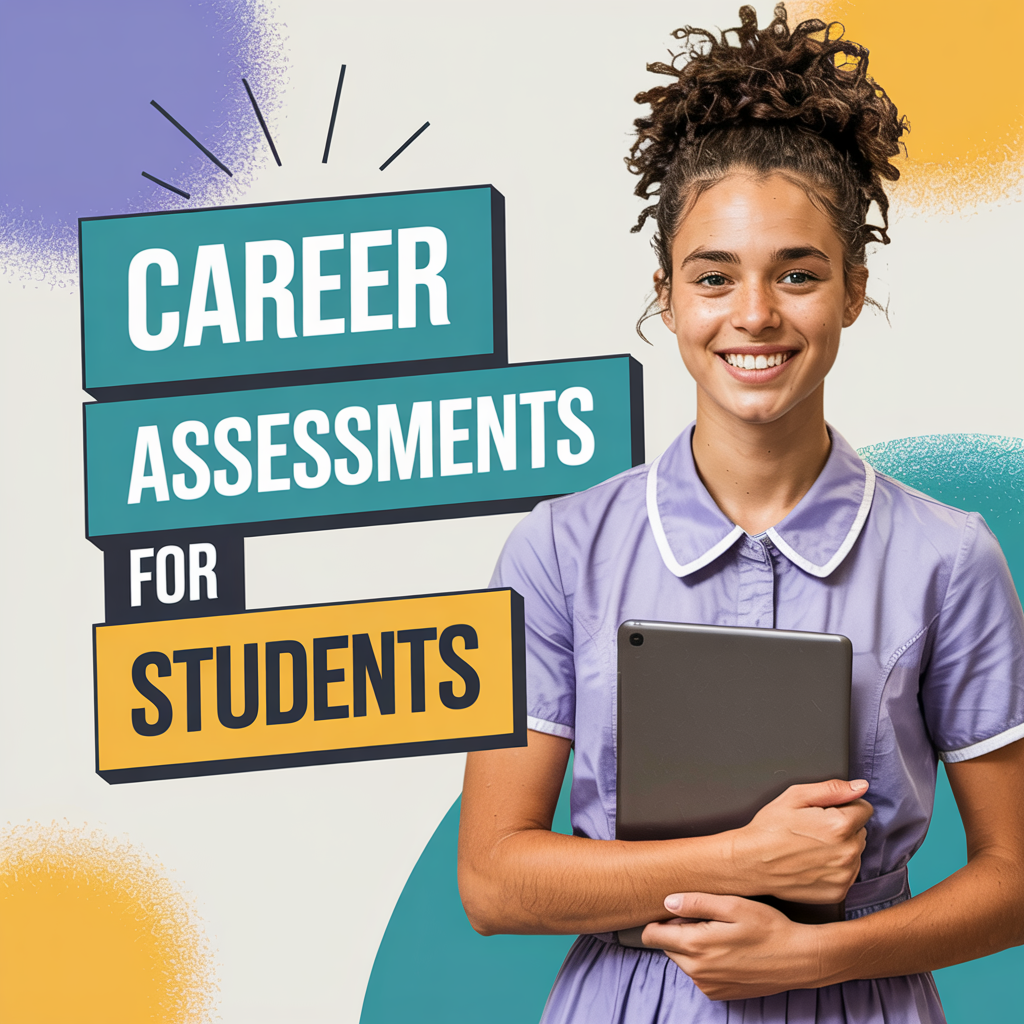Career Assessments for Students: Understanding Your Strengths, Interests, and Potential Paths (Best Tools & Resources)

Choosing a career path can be a daunting task for students. Career assessments offer valuable tools to help students explore their strengths, interests, values, and personality traits, providing insights into potential career paths that align with their individual characteristics. This guide reviews the benefits of career assessments, explores different types of assessments, and provides information on popular tools and resources to help students gain career clarity.
Career assessments can provide valuable insights. Cirkled In can help you connect with resources and professionals to interpret your results.

Why Use Career Assessments?
Career assessments can be beneficial for students in several ways:
- Self-Discovery: Assessments help students gain a deeper understanding of their strengths, interests, values, and personality traits.
- Career Exploration: Assessments can suggest potential career paths that align with a student’s individual characteristics.
- Decision-Making: Assessments can provide valuable information to help students make informed decisions about their education and career.
- Increased Confidence: Assessments can help students feel more confident in their career choices by providing a sense of direction.
- Identifying Potential Challenges: Assessments can help students identify potential challenges they may face in certain careers and develop strategies to overcome them.
Types of Career Assessments
There are various types of career assessments, each focusing on different aspects of an individual’s characteristics:
- Interest Inventories: These assessments measure a student’s interests and suggest careers that align with those interests (e.g., Strong Interest Inventory, Holland Code).
- Personality Tests: These assessments evaluate personality traits and how they might relate to different work environments (e.g., Myers-Briggs Type Indicator, DISC Assessment).
- Aptitude Tests: These assessments measure a student’s skills and abilities in specific areas (e.g., cognitive, mechanical, clerical).
- Values Assessments: These assessments help students identify their core values and prioritize what is important to them in a career.
Popular Career Assessment Tools and Resources
Several online and offline resources offer career assessment tools for students:
- The Strong Interest Inventory: A widely used assessment that measures career and leisure interests.
- The Myers-Briggs Type Indicator (MBTI): A personality assessment that can provide insights into work preferences and communication styles.
- The Holland Code (RIASEC): An assessment that matches personality types to compatible work environments.
- O*NET Interest Profiler: A free online tool that helps individuals identify their work-related interests.
- CareerOneStop: A website sponsored by the U.S. Department of Labor that offers various career assessment tools and resources.
- Your School Counselor: School counselors can provide guidance and administer career assessments.
Interpreting Your Assessment Results
It’s important to remember that career assessment results are just one piece of the puzzle. Consider these tips for interpreting your results:
- Don’t Treat Results as Definitive: Assessment results should be used as a guide, not a rigid prescription for your future.
- Consider Multiple Assessments: Taking a variety of assessments can provide a more comprehensive picture.
- Reflect on Your Results: Think about how the results align with your own self-perception and experiences.
- Discuss Results with a Counselor: A career counselor can help you interpret your results and explore potential career paths.
- Use Results for Further Exploration: Use the results to guide your research and exploration of different careers.
Action Plan: Utilize Career Assessments for Career Clarity
- Research Assessment Tools: Explore different types of career assessments and identify tools that seem relevant to your needs.
- Take Assessments: Complete one or more career assessments.
- Review Your Results: Carefully review and reflect on your assessment results.
- Discuss Results: Talk to a career counselor, teacher, or trusted adult about your results.
- Explore Career Paths: Use your assessment results to guide your exploration of potential career options.
Find clarity in your career path. Cirkled In offers tools and connections to help you understand your strengths and explore potential careers
Final Thought: Your Path to Career Discovery Starts Here
Career assessments are valuable tools for self-discovery and career exploration. By utilizing these resources and reflecting on the results, students can gain valuable insights into their strengths, interests, and potential career paths, empowering them to make informed decisions about their future.
Check out Cirkled In and start owning your future today!
Need more tips on college applications, scholarships, or just how to survive this whole process? Cirkled In has your back—check out Cirkled In resources to help you through every step of your college journey!

![The Future of Work in [Specific Industry]](https://www.cirkledin.com/library/wp-content/uploads/2025/03/Career-Planning-31-360x240.png)

0 Comments